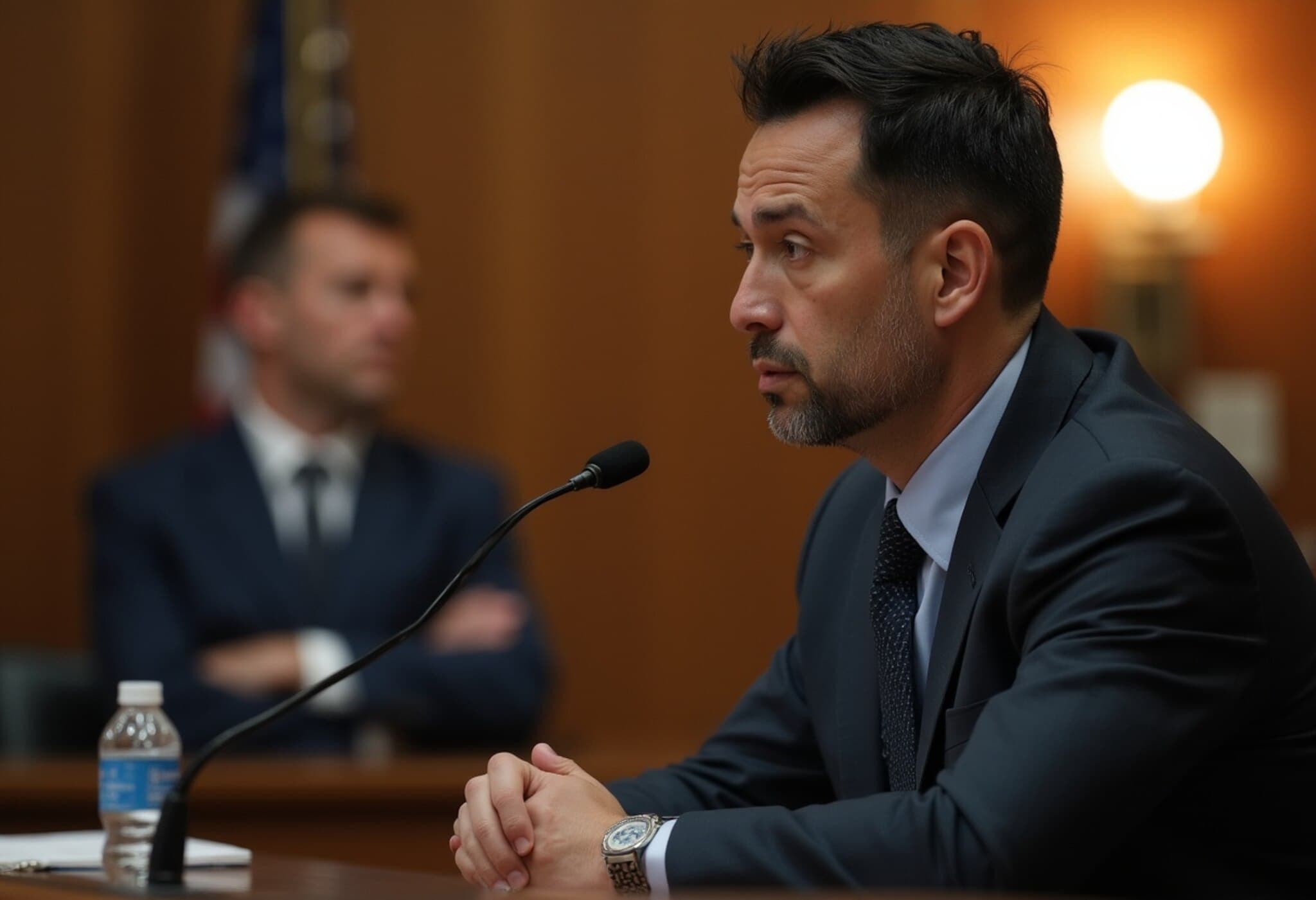Karen Read Murder Trial Nears Conclusion Amid Heated Closing Arguments
After nearly eight weeks of intense testimony, the retrial of Karen Read, accused of killing her boyfriend, Boston police officer John O’Keefe, reached its climactic closing arguments on June 13, 2025, in Norfolk Superior Court, Massachusetts.
The Heart of the Case: Love Turned Deadly or a Police Cover-Up?
The prosecution maintains Read deliberately struck O’Keefe with her SUV in January 2022 during a night out in Canton, leaving him fatally injured in the snow outside a house party. They argue the trauma, particularly blunt force injuries from the vehicle, caused his death.
On the flip side, Read’s defense paints a drastically different picture, accusing a tightly knit group of local law enforcement officers of orchestrating a cover-up. Instead of Read being the perpetrator, they suggest she was framed to shield others in O’Keefe’s circle.
Evidence and Expert Testimony in the Spotlight
- Prosecution’s assertions: Forensics linked phone data and GPS placing O’Keefe near the scene and Read’s SUV reversing aggressively before impact.
- Broken taillight shards found near O’Keefe’s body were argued to be evidence of the collision.
- DNA from O’Keefe matched remnants on the damaged vehicle and broken glass found at the scene, allegedly held by O’Keefe during the incident.
- A neurosurgeon testified about blunt trauma injuries consistent with someone struck and falling backward.
- Voicemails admitted on record illustrated the couple’s heated exchanges, painting a picture of a fraught relationship shortly before O’Keefe’s death.
Meanwhile, defense experts challenged these interpretations, asserting:
- The damage to Read’s taillight was inconsistent with striking a person at the claimed speed and may have occurred later, possibly while Read backed her vehicle out of O'Keefe’s driveway the following day.
- Visible injuries on O’Keefe’s arms could have been from a dog bite, supported by testimony from a retired emergency physician and defense experts.
- Questions remain about unexplored areas such as the house party’s interior, as well as irregularities in evidence handling, including accusations of planted evidence and biased investigators.
A Tarnished Investigation and Allegations of Bias
The defense highlighted misconduct by former lead investigator Michael Proctor, who was dismissed over sexist text messages about Read. This misconduct, they argue, compromised the entire investigation.
Further, the defense questioned why authorities failed to thoroughly investigate the party venue and introduced phone records showing suspicious communications and deleted phones among party attendees, raising red flags about potential obstructions and concealment.
Community Reactions and Trial Atmosphere
Outside the courthouse, a vocal group of supporters rallied behind Read, echoing her claims of a conspiracy. The courtroom saw emotional moments as Read exchanged smiles with family before the final arguments.
What’s Next?
Both prosecution and defense were allotted just over an hour each to encapsulate their cases on closing day. While prosecutors aimed to tie together physical evidence and motive to urge conviction, the defense sought to sow reasonable doubt, emphasizing investigative flaws and alternative explanations.
The jury’s verdict will mark the conclusion of a case that has gripped the Boston area, intertwining themes of love, betrayal, police loyalty, and justice. If convicted, Read faces a potential life sentence.
Note: This summary captures key developments and opposing arguments delivered during the high-profile murder retrial of Karen Read, focusing on clarity and factual accuracy.



















